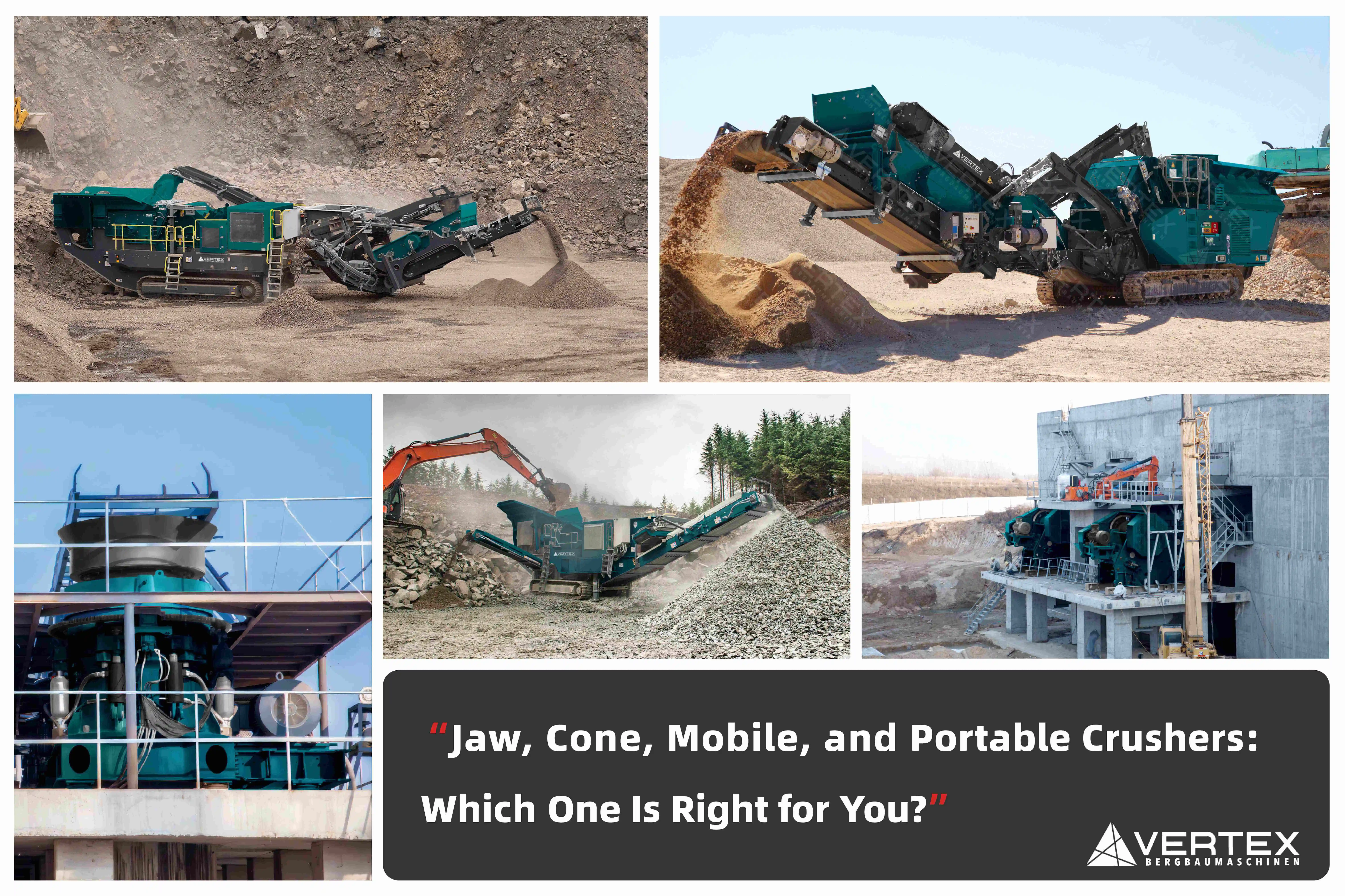
Crushers are essential machines in the mining, construction, and recycling industries. They are used to break down large rocks into smaller, manageable pieces for various purposes, such as preparing aggregates for construction, crushing ores in mining, or recycling concrete and asphalt in demolition projects. The Philippine economy, driven by rapid infrastructure development, mining operations, and recycling efforts, heavily relies on crushers to support these industries.
Crushers come in various types, including jaw crushers, cone crushers, impact crushers, and mobile crushers, each designed for specific tasks. The choice of the right crusher depends on the materials being processed, the desired output, and operational considerations. In the Philippines, the primary industries driving the demand for crushers include mining, construction, demolition, and aggregate production. As such, the market is diverse and requires an understanding of the unique advantages and applications of each type of crusher.
Popular Crushers in the Philippines
The following types of crushers are widely used in the Philippines, each catering to specific applications based on the material type, required processing capacity, and project size.
Jaw crushers are one of the most commonly used crushers in the Philippines, particularly in mining and construction industries. They are highly effective for primary crushing and are generally used to reduce large rocks into smaller, more manageable pieces.
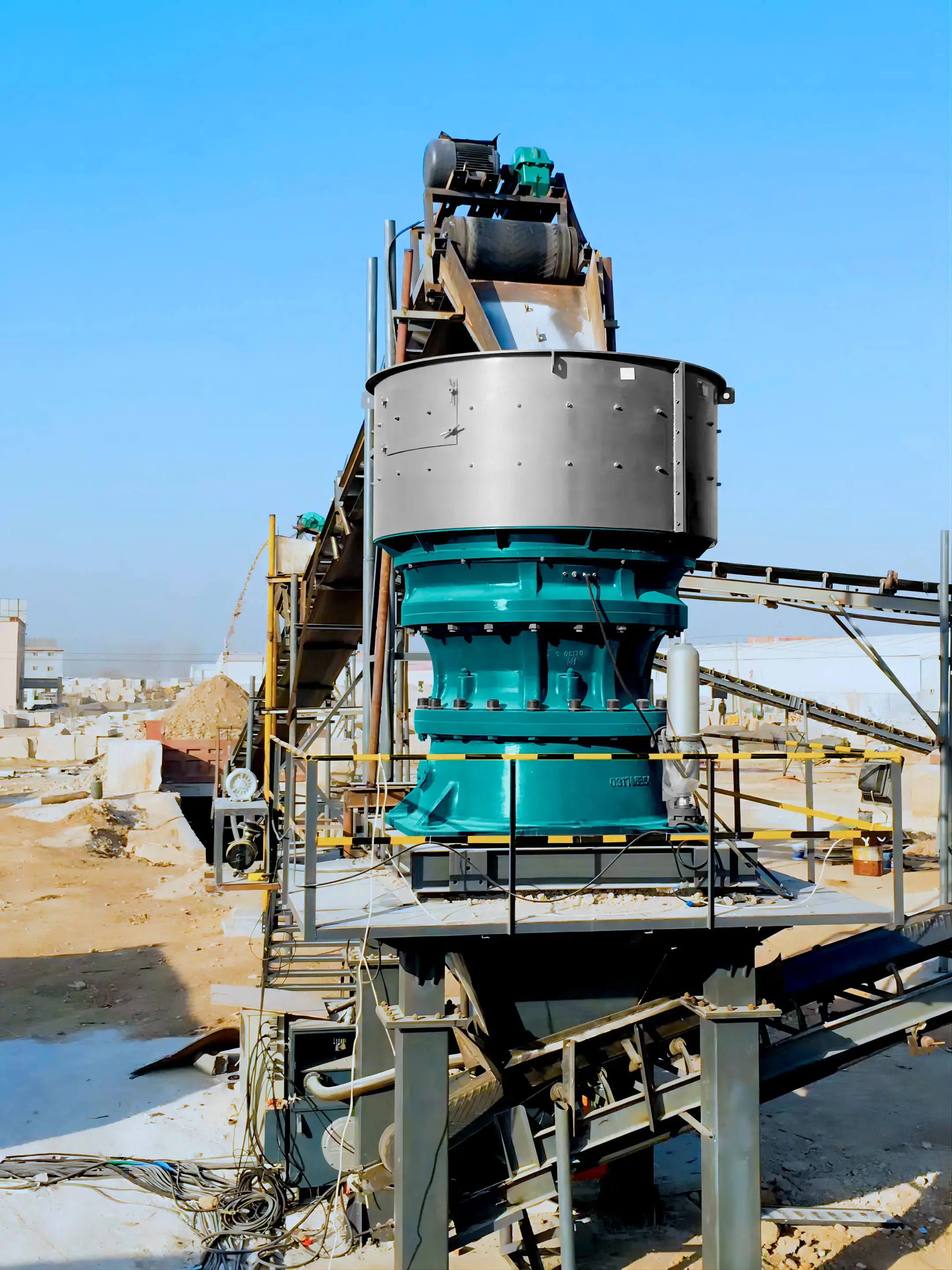
Working Principle: A jaw crusher operates by using two jaws, one stationary and one movable. The movable jaw moves towards the stationary jaw, crushing the material as it moves between the two. The opening between the jaws can be adjusted to control the size of the material being crushed. As the movable jaw moves, the material is squeezed and crushed into smaller pieces.
Key Features:
Applications: Jaw crushers are primarily used for crushing hard and abrasive materials like granite, limestone, and ores. These crushers are also used in aggregate production for construction materials and in the mining industry for ore processing.
Advantages:
Disadvantages:
Cone crushers are widely used for secondary and tertiary crushing operations, offering high capacity and excellent material reduction ratios. They are particularly suited for processing hard and abrasive materials.
Key Features:
Applications: Cone crushers are commonly used in mining operations and in aggregate production to crush materials like granite, basalt, and ores. Their ability to produce finer material makes them a preferred choice for secondary and tertiary crushing tasks.
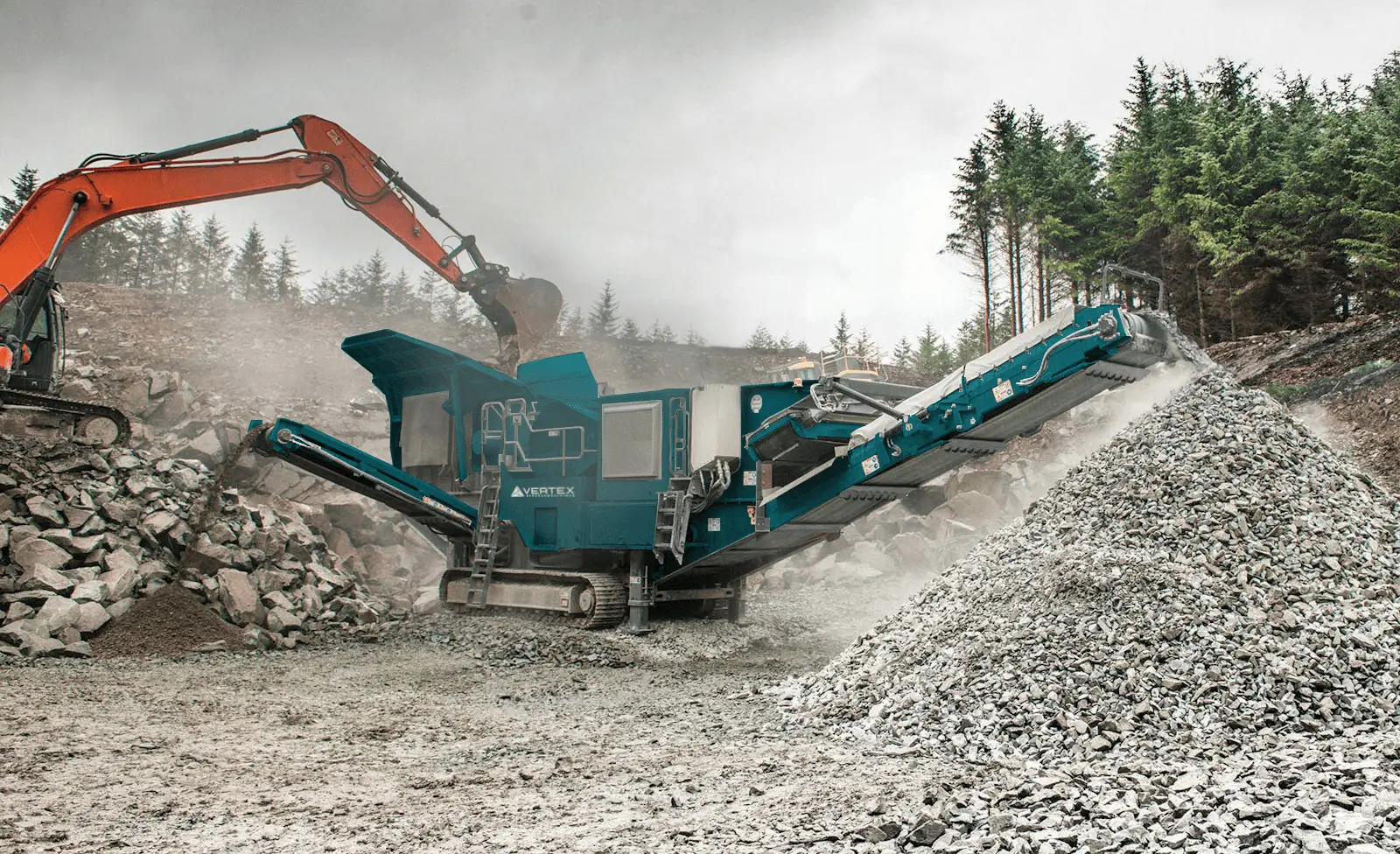
Advantages:
Disadvantages:
The mobile rock crusher is a versatile and highly portable machine designed for crushing materials directly at the job site. It is widely used in construction, demolition, and recycling operations due to its mobility.
Key Features:
Applications: Ideal for crushing construction waste, recycled concrete, and asphalt. It is also used in mining for on-site material processing, reducing the need to transport materials to a central plant for processing.
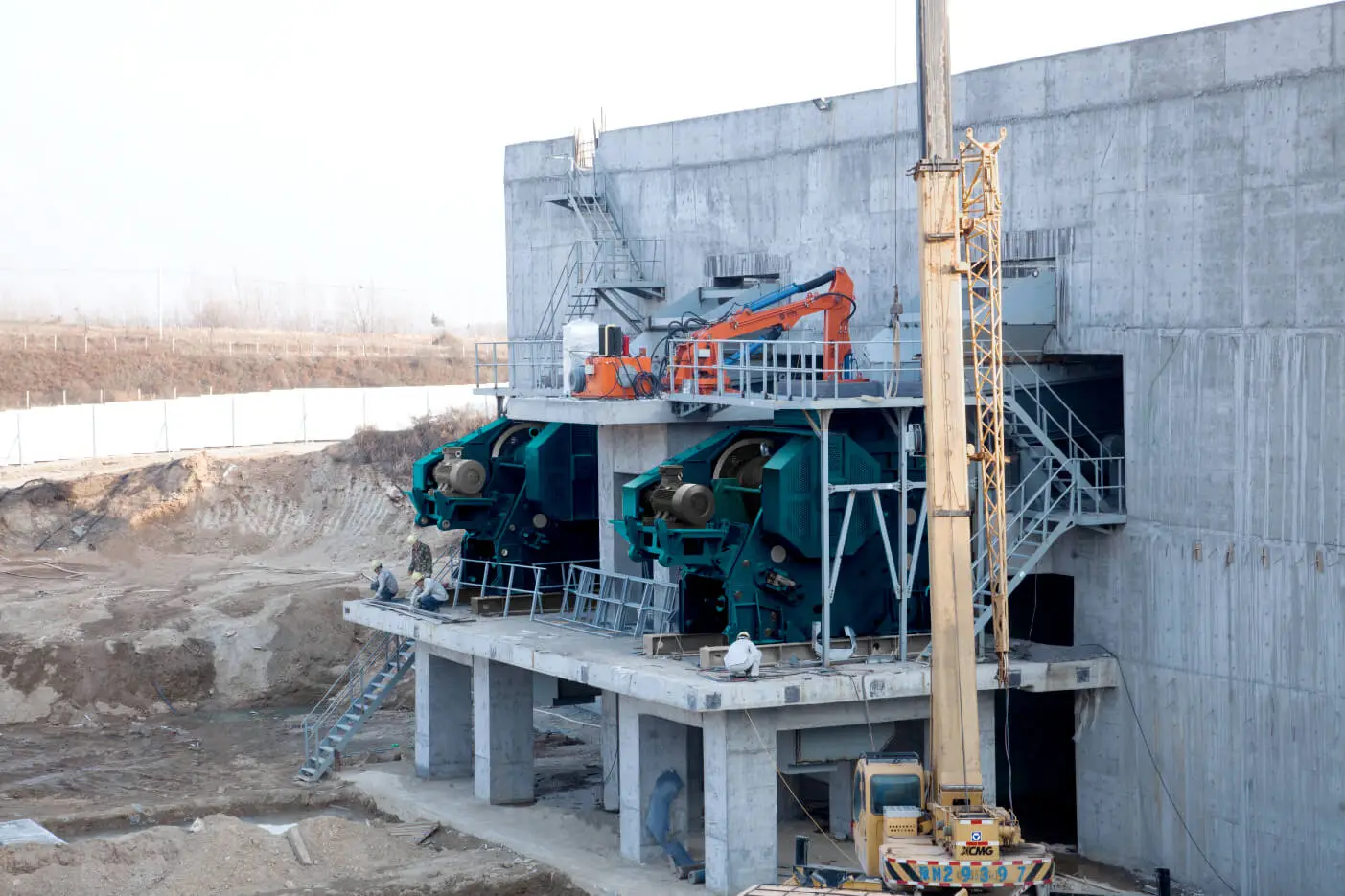
Advantages:
Disadvantages:
Similar to mobile rock crushers, portable rock crushers are compact and easy to transport but typically come in a more specialized design. These crushers are useful for smaller-scale operations where space is limited, and mobility is required.
Key Features:
Applications: Commonly used for small-scale crushing tasks such as roadwork, small quarries, or demolition sites where portability and ease of transport are essential.
Advantages:
Disadvantages:
Tracked impact crushers are widely used for high-capacity secondary and tertiary crushing. They are well-suited for crushing concrete, asphalt, and other construction debris.
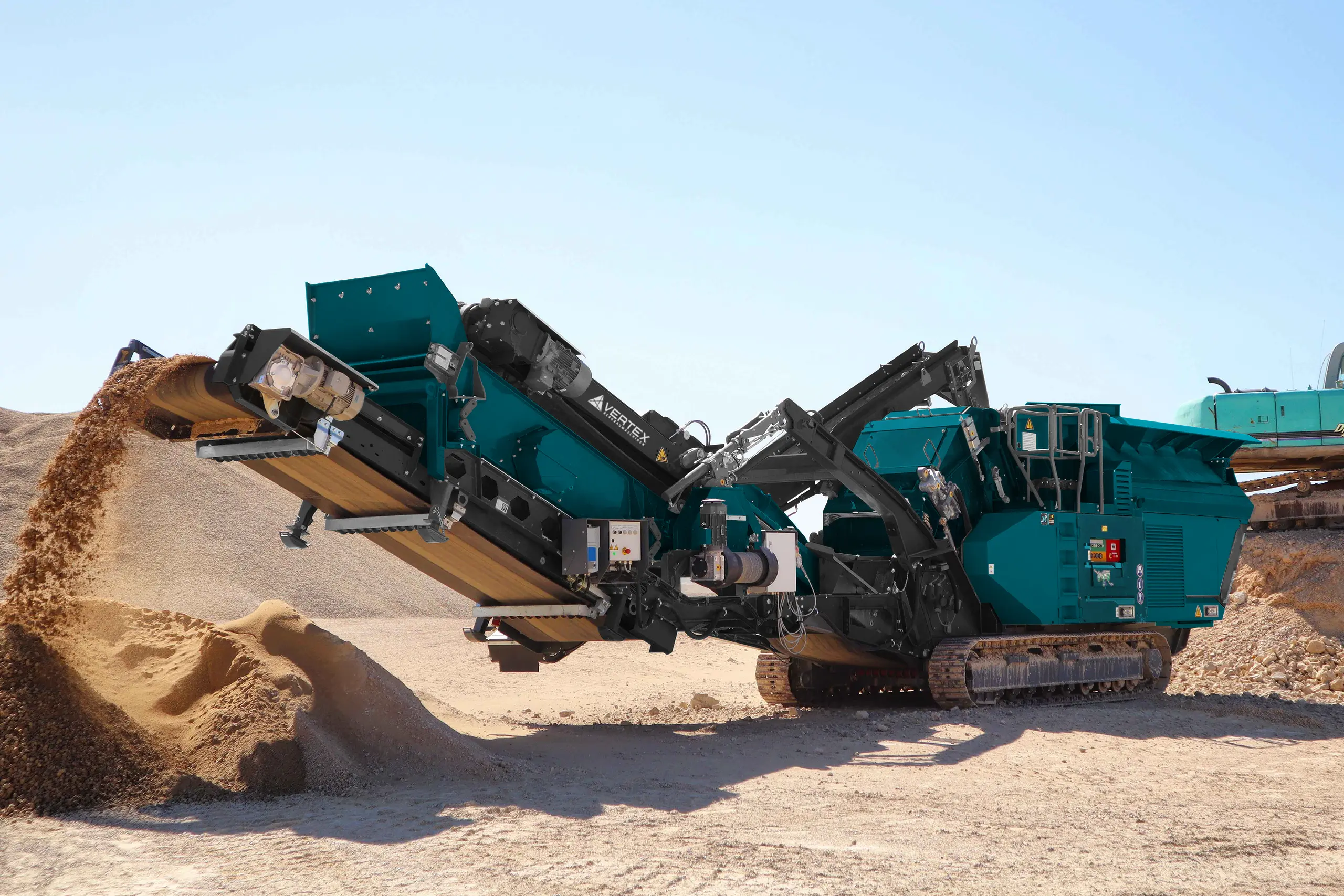
Key Features:
Applications: Tracked impact crushers are primarily used in recycling operations to process concrete, asphalt, and other demolition materials. They are also used in mining for secondary crushing.
Advantages:
Disadvantages:
When selecting the right crusher for your operation in the Philippines, several factors must be considered beyond the type of crusher. These include:
Material Type: The hardness and abrasiveness of the material you plan to crush will determine the most appropriate crusher type. For example, harder rocks like granite may require a jaw or cone crusher, while softer materials like limestone may be processed by impact crushers.
Required Output: If you need high output capacity, cone crushers or mobile crushers might be better suited due to their higher throughput. For smaller operations, portable or tracked crushers may suffice.
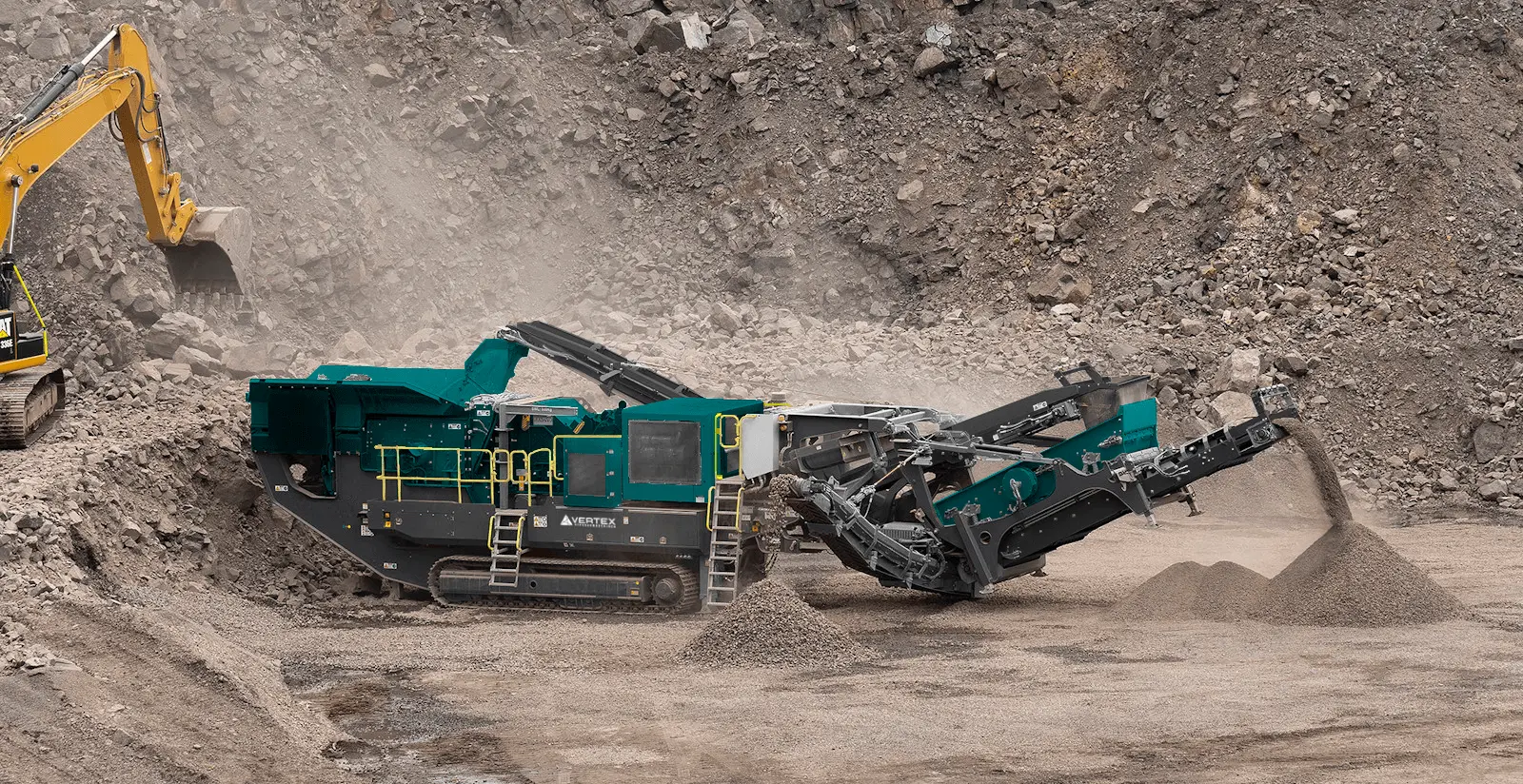
Site Mobility: If your project involves moving between multiple sites, mobile and portable crushers offer the flexibility needed for efficient on-site crushing.
Maintenance: Some crushers, particularly mobile ones, require more maintenance than stationary crushers due to the increased wear and tear from their mobility.
Cost Considerations: The initial cost of the crusher, along with operating costs such as fuel consumption, maintenance, and parts replacement, should be factored into the decision-making process.
The Philippine market offers a variety of crushers, each designed to meet the specific needs of different industries. From the rugged jaw crushers and efficient cone crushers to the versatile mobile rock crushers and portable solutions, businesses must carefully assess their needs to select the right equipment for their operations. Understanding the advantages and limitations of each type of crusher is crucial for optimizing productivity, minimizing operational costs, and ensuring high-quality material processing.
With the growing demand for infrastructure development, mining operations, and recycling initiatives in the Philippines, choosing the right crusher will not only increase operational efficiency but also contribute to long-term profitability.
For businesses in the Philippines, investing in the right crusher means choosing a machine that best suits their material, project size, and operational needs. By considering the factors discussed in this article, companies can make informed decisions that drive success in their crushing operations.